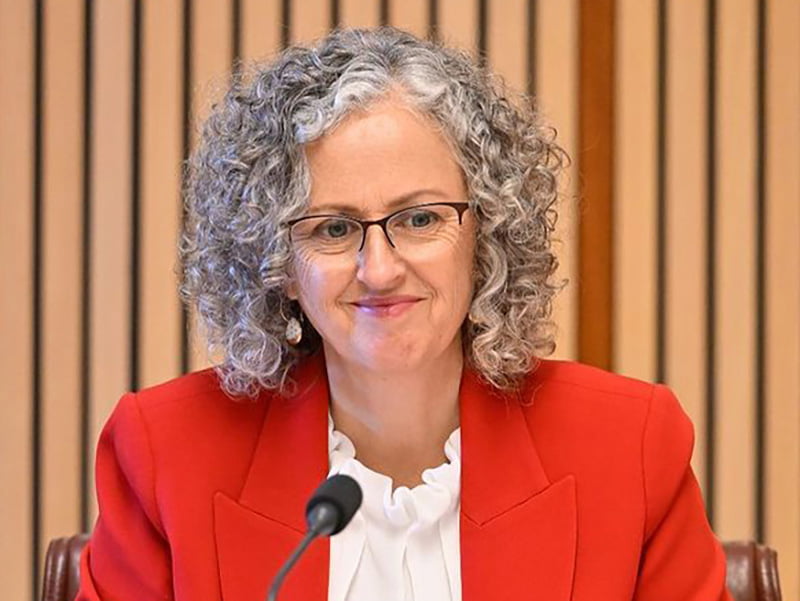The Senate committee reviewing the National Reconstruction Fund Corporation Bill says investments into space industry projects should be eligible under the $15 billion fund, given the sector’s “complementarity” to seven priority areas identified by government.
The committee also wants “the creation secure well-paid jobs” written as a specific objective and responsibility of the NRF Corporation board, rather than as a by-product of the broader aims to rebuilding and transforming Australian industry.
The Senate Economic Legislative Committee tabled its review of the bill on Friday, saying the submissions and evidence to its consultations had been overwhelmingly supportive of both the goal of the NRF and the broad structure of the proposed legislation that enables it.

This is in stark contrast to a lengthy and detailed dissenting view published by Coalition members of the committee and signed by its deputy chair Senator Andrew Bragg. The Coalition committee members said the bill was “riddled with ministerial discretion”, lacked transparency and would contribute to inflation.
But the committee chair, Victorian senator Jess Walsh said the evidence presented to the committee was “overwhelmingly” positive about the National Reconstruction Fund, particularly the potential role of the fund in investing in technology development to support net-zero.
“We’re recommending that the bill be passed. There was genuinely overwhelming support for the NRF – support to diversify and transform our industry and our economy,” Senator Walsh told InnovationAus.com.
“There was particular interest and enthusiasm for the role of the NRF [Corporation] in achieving a net zero economy by investing in the priority area of renewable and low emissions technologies,” Senator Walsh said.
“It was the view of submitters that it was urgent that we stand this up because there’s a global race for capital going on in sectors like renewables and low-emissions technology in particular.”
Senator Walsh said the committee had noted through its consultation of the “complementarity” of the space sector to priority areas like robotics, defence capability and enabling capabilities.
“The committee was of the view that the NRF could be really important in helping make sure that Australia is in the global race for capital in space investments and projects,” Senator Walsh said, encouraging government to ensure these investments were eligible under the NRF.
The space industry told the inquiry NRF investments in the sector would deliver “outsized” returns to the government and build sovereign capability. It had asked for $500 million from the fund to be set aside for space project.
Senator Walsh said although everyone understood that creation of jobs would be a likely outcome of the NRFs mandate to rebuild Australian industry, the committee wants it written into the board’s instructions.
“The committee notes the calls from stakeholders for the objects of the bill to specifically include the creation of secure, well-paid jobs, and considers that there is a need to ensure that the economic and social benefits afforded by the [NRF] Corporation are shared throughout the community,” the committee’s review says.
“The committee therefore encourages government to ensure that the [NRF] Corporation must specifically consider the objective of creating secure well-paid job, as part of the key functions of the Board.
In its dissenting view, the Coalition senators said “the Bill is riddled with ministerial discretion and will also allow the Minister to appoint board members who do not have the required, relevant expertise”.
Other concerns included:
- That the bill would create a corporation which will have a contributory impact on inflation
- That the bill does not have appropriate accountability and transparency measures.
- That the Coalition senators did not support government’s decision to exclude grants as a form of financial support to industry under the NRF
- That the change in national priorities as designated by the government means this Bill will create investment uncertainty.
- That the legislative drafting process excluded key stakeholders from relevant sectors
Do you know more? Contact James Riley via Email.

